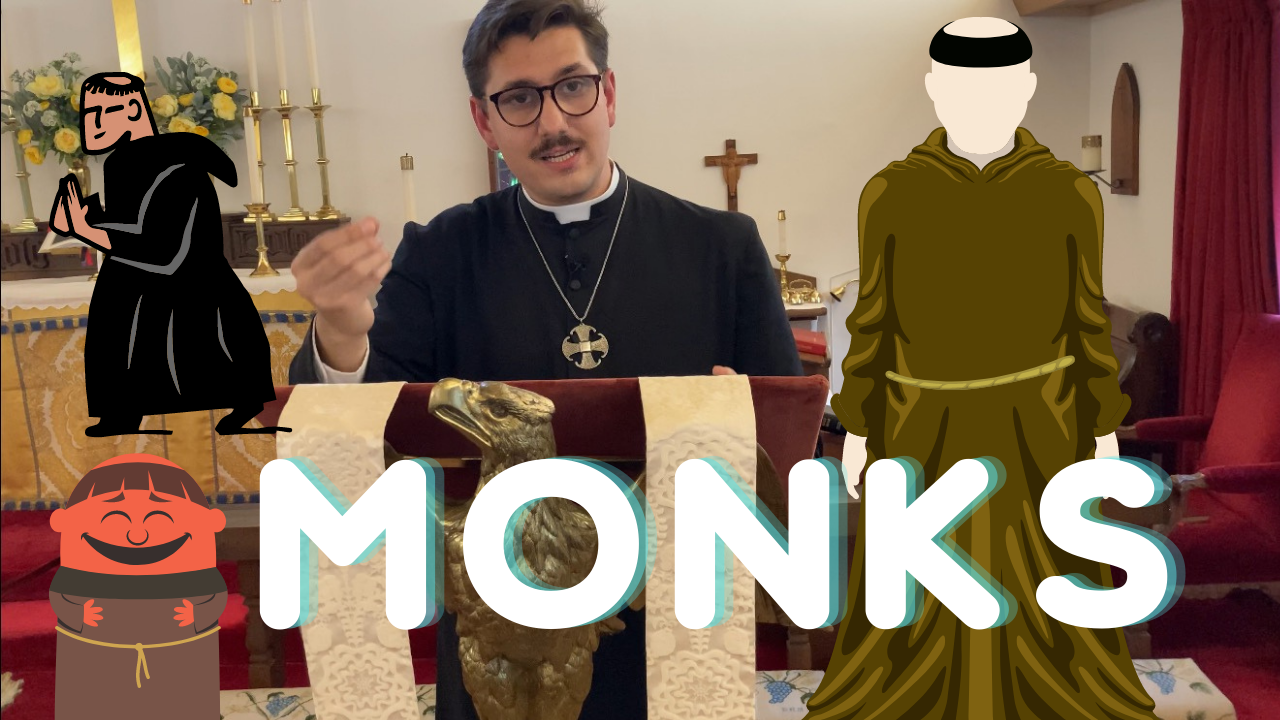The bones of the monastic hours can certainly be found in Cranmer’s daily offices, but what influence did monasticism have on the development of Anglican theology? From St. Aidan’s Lindisfarne community to Henry VIII’s dissolution of the monasteries, asceticism played a significant role in the historical, political, and religious development of the theology of the Church in England. The Prayerbook assumes certain ascetic principles and abandons or ignores others. In this paper, I’d like to explore how early English monasticism reappears in the ethos of the prayer book and how medieval ascetic ideals and devotions are purged from the public and religious life of the church.
This lecture is also available for purchase as a booklet on Amazon: https://amzn.to/3iIKUxG
For Further Reading:
- English Spirituality: An Outline of Ascetical Theology according to the English Pastoral Tradition by Martin Thornton
Link: https://amzn.to/3syVs6a - Story of Monasticism: Retrieving an Ancient Tradition for Contemporary Spirituality by Greg Peters
Link: https://amzn.to/3p4lsnS - A History of the Church in England by J. R. H. Moorman
Link: https://amzn.to/38WZg9y - The Tudor Constitution: Documents and Commentary
Link: https://amzn.to/39K8o0x

Leave a ReplyCancel reply